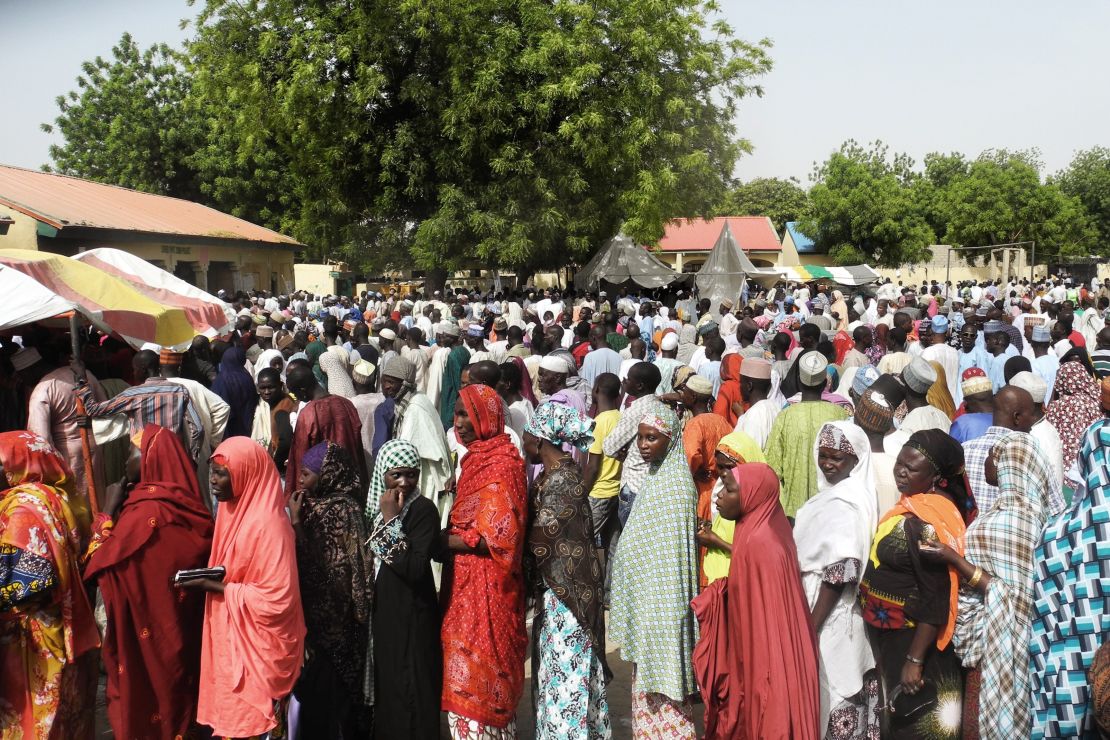
Introduction
Nigeria practices a federal system of government with three (3) tiers of government – the federal, state and local governments. However, despite this laudable separation, calls to devolve some powers and guarantee the autonomy of these tiers of government, especially for the local government, is still a subject of concern. Notwithstanding the provisions in the constitution that mandate regular local government elections and grant local government areas (LGAs) autonomy, many local councils struggle to assert their independence from state governments. The extent of its lack of independence is revealed in the way local councils are still run by sole administrators or caretaker committees appointed by state governors. Amidst the calls for a more democratic arrangement, there have been reports highlighting the reluctance of state governors to grant full autonomy to local councils, with many councils being starved of funds and unable to carry out their statutory functions. This status quo has led to complaints of undemocratic practices and a lack of accountability.
LEGAL FRAMEWORK FOR THE CONDUCT OF LOCAL GOVERNMENT ELECTIONS IN NIGERIA
The Constitution of the Federal Republic of Nigeria 1999 (As amended) and the Electoral Act provide for the procedure for the conduct of local government elections in Nigeria. The various provisions are as follows:
Section 150 of the Electoral Act:
(1) In furtherance of the provision of paragraph 11 of Part II of the Second Schedule to the Constitution, the procedure regulating elections conducted by the Commission to Area Councils in the Federal Capital Territory under this Act shall be the same and apply with equal force as the procedure regulating elections conducted to Local Government Areas by any State Commission.
(2) For the purpose of subsection (1), a State Commission shall be deemed to have and exercise the powers of the Commission in respect of the procedure regulating elections to Area Councils under this Act.
(3) Any election to a Local Government Area that is conducted by a State Commission in violation of subsection (1) shall be invalid.
(4) Any official of a State Commission who contravenes the provision of subsection (1) commits an offence and shall be subject to prosecution as if he were an official of the Commission who committed the same offence under this Act.
Paragraph 11 of Part II of the Second Schedule to the Constitution:
The National Assembly may make laws for the Federation with respect to the registration of voters and the procedure regulating elections to a local government council.
Paragraph 12 of Part II of the Second Schedule to the Constitution:
Nothing in paragraph 11 hereof shall preclude a House of Assembly from making laws with respect to election to a local government council in addition to but not inconsistent with any law made by the National Assembly.
ANALYSIS/OPINION: The above provisions reveal that the National Assembly has the discretion to make laws for the regulation of local government council elections in Nigeria. Thus, until that discretion is exercised, the procedure for regulating Area Council elections in the Federal Capital Territory shall apply with equal force for the conduct of local government elections in other States of the Federation. Therefore, PART VI (Sections 98 – 113) of the Electoral Act 2022 which provides for the PROCEDURE FOR ELECTION TO AREA COUNCIL in the FCT shall be the guiding provisions for the conduct of local government elections in all States of the Federation. However, by Paragraph 12, State Houses of Assembly are allowed by law, to make laws for local government council elections, so long as it is not inconsistent with any law made by the National Assembly. This means that States have the liberty to make specific laws to guide local government council elections in their State, but it must be within the scope provided.
